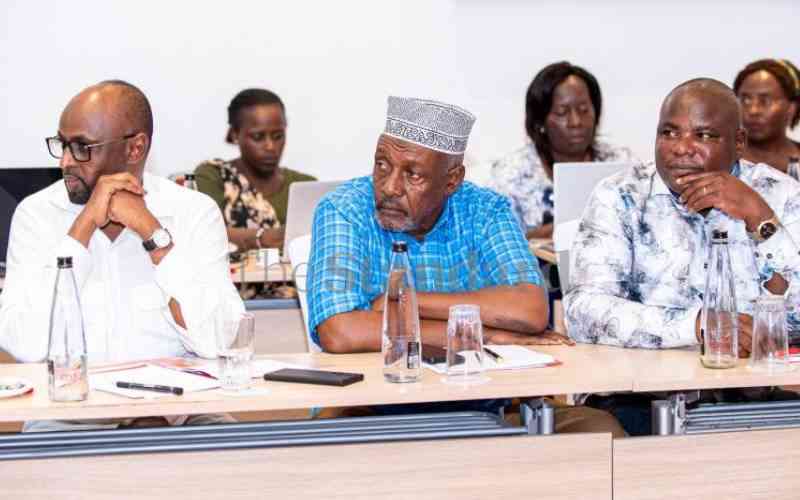×
The Standard e-Paper
Stay Informed, Even Offline

Kenya is set to benefit from a World Bank-funded project for drought risk mitigation in the region.
The country will receive Sh125 million in funding as part of the project being rolled out locally in partnership with the State Department of Livestock (SDL), ZEP-RE (PTA Reinsurance Company), and Kenya Development Corporation (KDC).